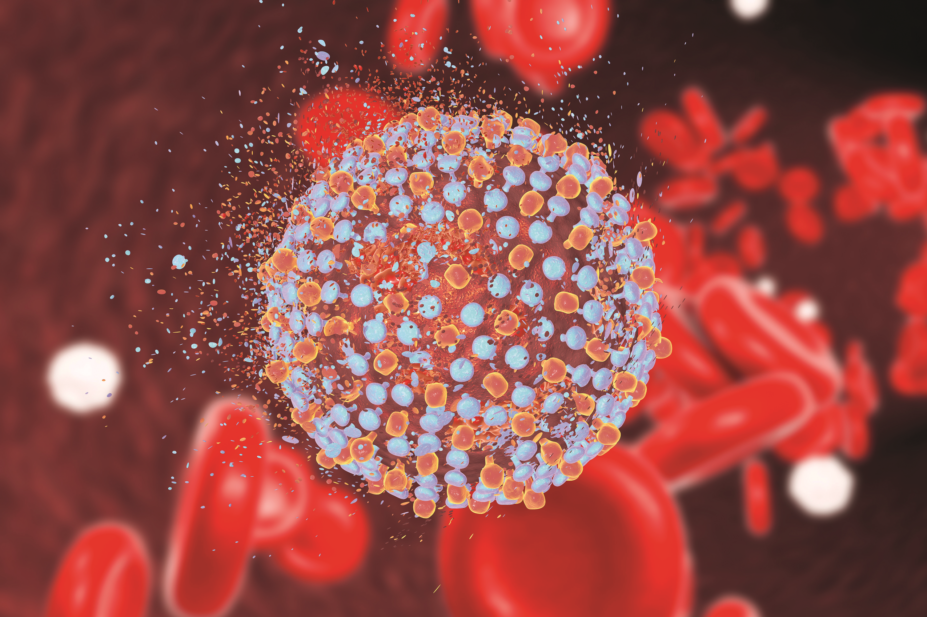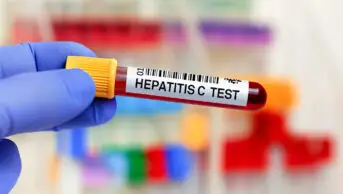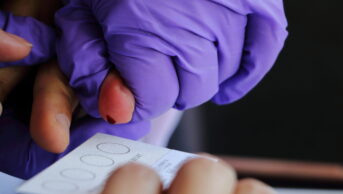
Shutterstock.com
Incidence of hepatitis C has fallen by almost 70% in HIV positive (HIV+) men who have sex with men (MSM) living in London since 2015, according to research presented at a major HIV conference, The Conference on Retroviruses and Opportunistic Infections, in Seattle, Washington (6 March 2019).
According to the authors of the research, the decline coincides with wider prescribing of hepatitis C virus (HCV) therapies via the NHS England direct-acting antivirals (DAAs) treatment programme and a reduction in time to treatment of acute HCV cases, largely driven by clinical trial availability.
But, reduction in incidence is still falling short of targets set by the World Health Organization to reduce new HCV infections by 90% by 2020.
The researchers captured data from three central London HIV clinics providing care for more than 6,000 HIV+ MSM who were at risk of acute HCV: the Royal Free NHS Trust, the Imperial College Healthcare NHS Trust and the Mortimer Market Centre.
They collected data from the patients every six months and recorded the number of acute HCV episodes; the number of HIV+ MSM under active follow-up; the type of HCV treatment selected; and the timing of treatment initiation relative to acute HCV diagnosis between July 2013 and June 2018. Overall there were 256 acute HCV diagnoses during that time — 211 first infections and 45 reinfections.
A peak in first infection incidence was found in 2015, when there were 42 first infection diagnoses, which the authors said was likely to represent a fall-off in rates of interferon-based treatments as DAAs were awaited. In 2018, there were 9 diagnoses of first infection and 8 cases of reinfection representing a 79% drop in first acute HCV infection and a 68% fall in HCV incidence overall.
However, it was found that incidence of reinfection had increased, with 47% of diagnoses in 2018 relating to reinfection compared to 14% in 2015.
The authors said this highlighted the ongoing need to promote and improve risk reduction strategy and design appropriate screening policies in MSM.
“Our study has shown that greater access to new treatments, closer monitoring and screening can greatly reduce hepatitis C cases, which will lead to better outcomes for the most at risk patients,” said Lucy Garvey, consultant in HIV/genitourinary medicine at Imperial College Healthcare NHS Trust and lead author of the study.
They concluded that, without expanding access to DAAs via NHS England to include early months of infection and reinfection, progress in reducing incidence may plateau and the opportunity for HCV microelimination in HIV+ MSM may be lost.
You may also be interested in

Genomics surveillance programme for hepatitis C launched by UK Health Security Agency

How we treated more than 100 hepatitis C patients at pharmacist-led clinics in North Wales
